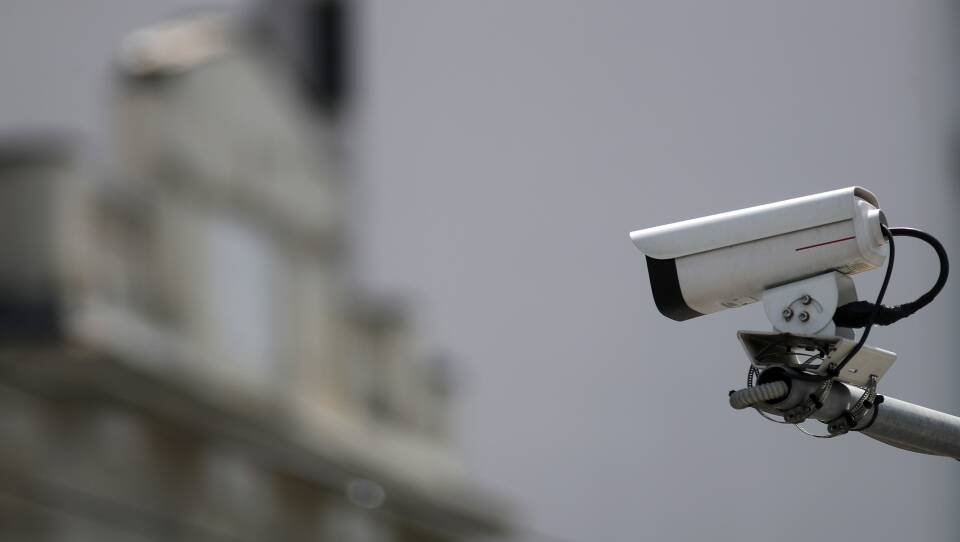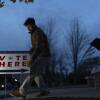Well, it’s settled. From now on, I plan to concentrate the bulk of my time tackling my daily life tasks in just a few towns — Brookline, Somerville, and Northampton. Why? Because those are the three towns that last year banned municipal use of facial recognition. The controversial system is under fire from analysts who say it doesn’t work well for everybody and from privacy experts concerned about ubiquitous surveillance. And now, thank goodness, homebody me can add my hometown, Cambridge, to the list. Last week, the Cambridge City Council became the fourth city in the state to ban the rapidly spreading technology. At least I can move around the city more confident that multiple pictures of my face are not ending up in a big cyber file.
I have to worry because facial technology doesn’t work for dark-skinned people like me. Actually, it seems not to work well on women, either. So I’m doubly impacted. Numerous studies have shown that this biometric technology most accurately reflects lighter-skinned people. And men. Probably because the creators trained the software using mostly images of white men. So, facial recognition’s ‘recognition’ is actually framed quite narrowly. It is no surprise then that 28 members of Congress — mostly people of color — were positively identified as criminals when their pictures were matched with 25 thousand police mug shots using Amazon’s Rekognition technology.
It’s downright scary to think about how many places have already put facial recognition in place, airports chief among them, with a lot of the surveillance undetectable to most of us. And that’s separate and apart from the Clear Technology also offered at airports and stadiums for which consumers can voluntarily subscribe. I know we are clearly a tech obsessed society. The recent Consumer Electronic show gets almost the same coverage as a major sporting event. But I still can’t understand why millions of us are comfortable trading our privacy just for a faster entrance process or boarding time. Yikes!
Cambridge City Councilor Marc McGovern said the city approved the ban on facial recognition to “protect residents from intrusive and undemocratic technology.” Law enforcement, however, embraces facial technology pointing to the success it has had in identifying cases like the shooter in the Capital Gazette newspaper which left 5 dead.
But last month the National Institute of Standards and Technology bluntly reported that most of the commercial facial recognition systems are biased, misidentifying African-American and Asian faces 10 to 100 times more than Caucasian faces, with the highest rate of errors involving the identification of Native Americans.
Scarily, a technology proven to be flawed is nevertheless rapidly being accepted as security’s gold standard. It’s being installed even as there is more evidence of the potential for harm. I’m grateful that a few Massachusetts cities have decided that it’s not worth the risk.
And on this national holiday honoring the birthday of the Rev. Martin Luther King, Jr., I am reminded of the danger of unregulated surveillance. Rev. King, who would be 91 this month, was watched by the FBI for most of his life. He once even sermonized about not trusting "things." He told the worshipers, "I'm not going to put my ultimate faith in gadgets."
Amen.





